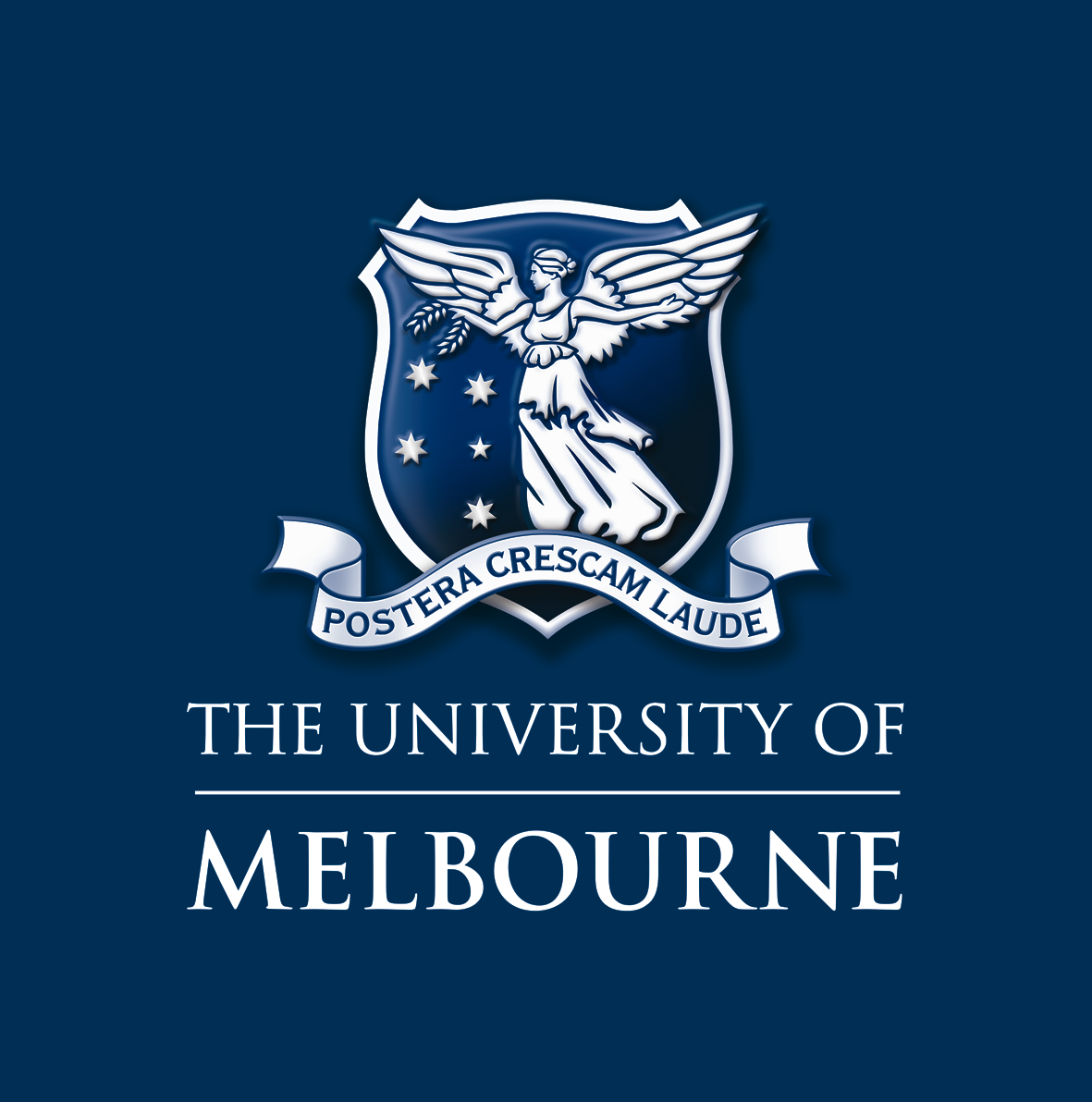Project: Characterising monoclonal antibodies to malaria antigen VAR2CSA
Rogerson Group
VAR2CSA is the member of the Plasmodium falciparum Erythrocyte Membrane Protein 1 family of proteins that causes placental malaria. It is a target for malaria vaccines and therapeutics. We are isolating B cells from pregnant Papua New Guinean women that produce antibodies to VAR2CSA and characterising the functions and targets of these antibodies. You will work with some of these monoclonal antibodies to examine their targets and properties. This will include examining their binding to malaria infected red blood cells from different parasite strains, and how well they opsonise infected cells for uptake by cells including neutrophils and monocyte like cells. Techniques will include ELISAs and other plate based assays, malaria parasite culture, white blood cell isolation, flow cytometry and statistical analysis
Contact project supervisor for further
information and application enquiries
Rogerson Group
3 vacancies


The Rogerson laboratory studies immunity to severe malaria in pregnant women and young children. We are identifying the targets and features of antibody responses that can protect against severe malaria in young children or against placental malaria. We have established assays to perform Systems Serology analyses of antibody immunity, including identification of the targets of antibody and the types of antibody response important for protection. These include antibody isotype and subclass, and engagement of Fc receptors and complement both in plate-based assays and using white blood cells, including neutrophils monocytes and NK cells. We are establishing assays of antibody glycosylation.
Rogerson Group Current Projects
-
Antibodies that protect against severe malaria infection
PhD/MPhil, Master of Biomedical Science, Honours
-
Malaria and our immune system
Honours
-
Characterising monoclonal antibodies to malaria antigen VAR2CSA
PhD/MPhil, Master of Biomedical Science, Honours



